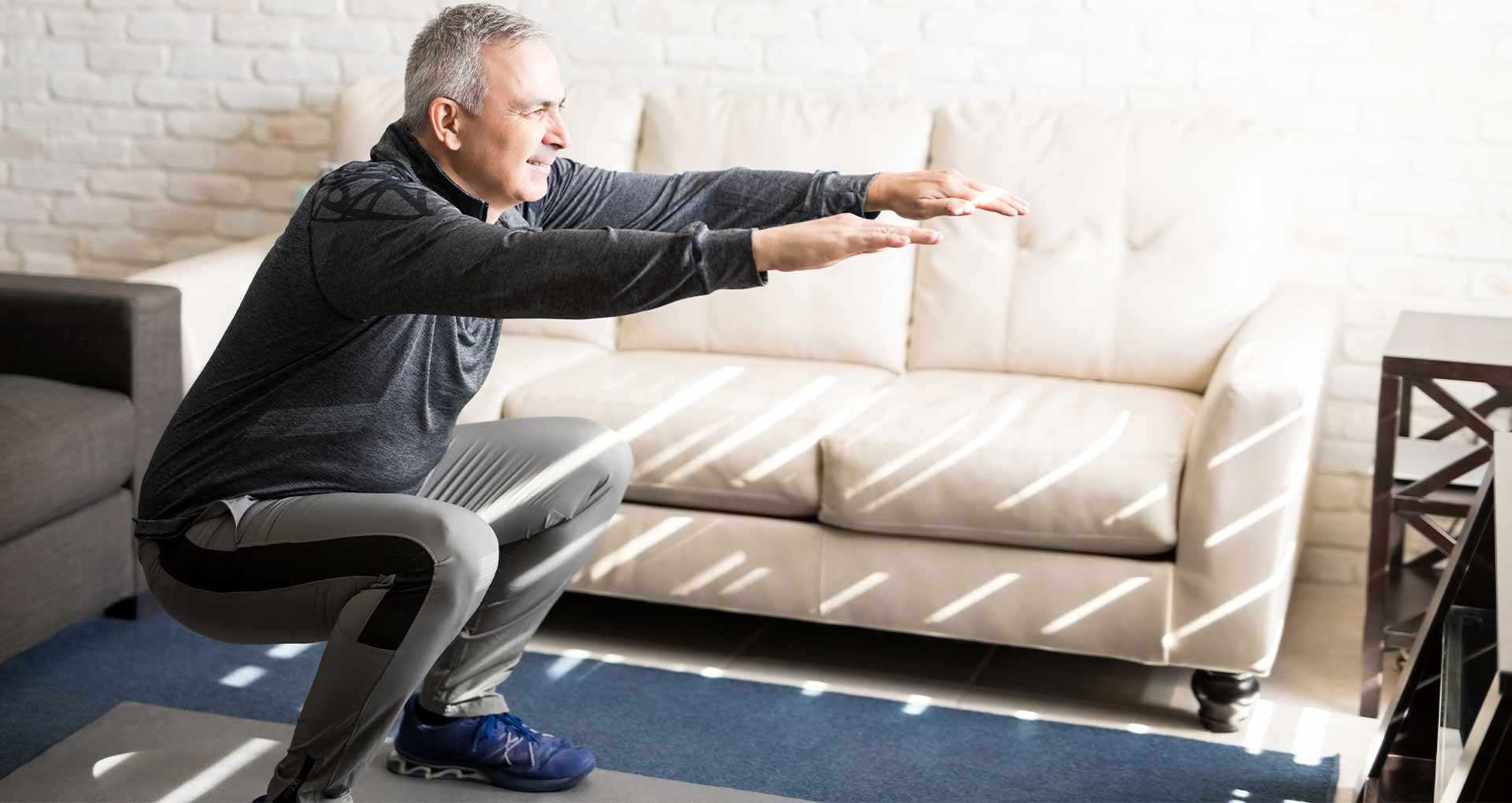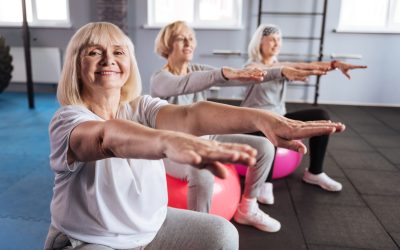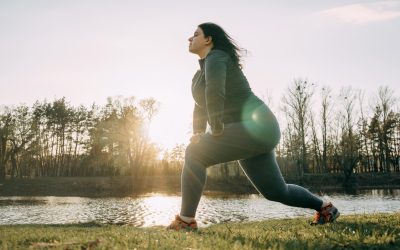Physical activity has been shown to have a positive impact on our mood. With the country in isolation, many of us no longer have the means to do our usual workout. But just because you can’t access your local studio doesn’t mean you can’t stay active. Physical activity is simply any movement of your body that uses your muscles and expends energy. Studies have shown that any physical activity can help, for example going for a walk and doing housework has been shown to improve your mood more than a period of inactivity such as reading a book or watching TV. While it is true that any physical activity can help, a short period of exercise will offer more benefit. Exercise is a period of physical activity which is purposefully carried out to improve your health or fitness such as a HITZone session or going for a run.
Exercise has been shown to improve your overall sense of wellbeing which includes:
- The sense of feeling good about ourselves and being able to function well individually or in relationships
- The ability to deal with the ups and downs of life, such as coping with challenges and making the most of opportunities
- The feeling of connection to our community and surroundings
- Having control and freedom over our lives
- Having a sense of purpose and feeling valued
The benefits of exercise on stress
There is no doubt that many of us our experiencing a level of stress right now given the health, social and economic fallout of the global pandemic. This stress can make us behave differently and experience emotions more intensely.
Common signs that we may be experiencing stress include sleep problems, sweating and a loss of appetite. Stress can be caused by hormones such as adrenaline and noradrenaline which can raise blood pressure, increase our heart rate and reduce blood flow to our skin.
Physical exercise has been shown to be very effective in relieving stress and research shows that those individuals who are active tend to have lower stress rates than those who are inactive.
The NHS states that being physically active in relation to stress can help with:
- Reducing emotional intensity
- Clearing your thoughts
- Dealing with problems more calmly
Exercise for anxiety, depression and dementia
Exercise can be prescribed as an alternative treatment for depression or used along with medication and therapy. It can also be used to help reduce anxiety in people with mild symptoms.
There has been an increase in the number of people in society living with dementia and cognitive decline. This is in part due to improved health systems helping people to live for longer. Physical activity has been identified as a protective factor in studies that have examined risk factors for dementia and for people who already have the disease physical activity can help to delay further decline.
Studies have shown that when adults participate in physical activity, they can lower their risk of depression and dementia by 20% to 30%. A 2015 paper found that exercise can be as helpful in treating mild to moderate depression as antidepressants and psychotherapy.
Tips for exercising at home
- Drink plenty of water
- Stretch
- Use a range of exercises so you are moving different parts of your body
- It is fine to take a break when you need to
- Try to set aside a set time for exercise so you get into a routine
- Contact your local HITZone studio and ask for advice
It is worth noting that doing too much exercise can have a detrimental effect. According to Dr Adam Chekroud, assistant professor of psychiatry at Yale University, “Doing exercise more than 23 times per month or for longer than 90-minute sessions is associated with worse mental health.”
The NHS suggests we do 150 minutes of moderate intensity activity a week (for example 3 x 50 minute fast walks) or 75 minutes of vigorous intensity activity per week (for example 3 x 25 minute HITZone sessions).
Links to further reading




